Theories on Garden Pests
tengreenfingers
11 years ago
Related Stories
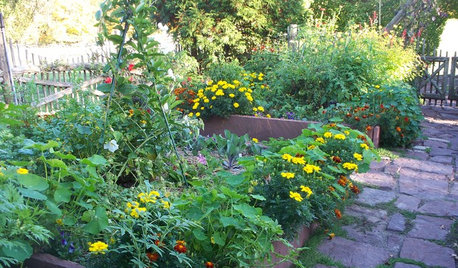
GARDENING GUIDESOrganic Matters: Thwart Insect Pests With Trap Crops
Add a few sacrificial plants to your garden to lure insects away from the harvest
Full Story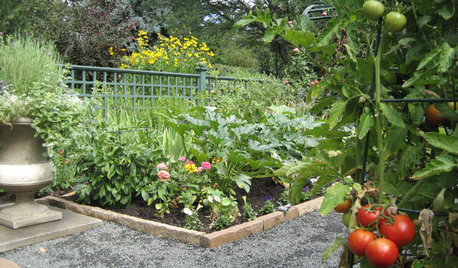
GARDENING GUIDESPacific Northwest Gardener: What to Do in June
Now's the time to prune pines and vines, prevent pests and buy June-blooming plants to keep your garden healthy and beautiful
Full Story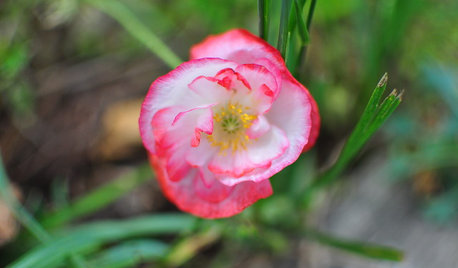
GARDENING GUIDESMid-Atlantic Gardener: What to Do in June
Abundant sun is yielding bountiful blooms in the garden this month, but don't forget to watch for pests, package some seeds and plan ahead
Full Story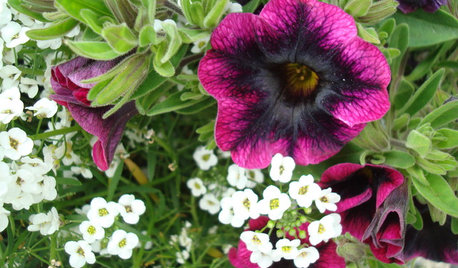
GARDENING GUIDESSoutheast Gardener: What to Do in July
Time to claim your prize: a bounty of fruits, veggies and flowers, but don’t forget to keep an eye on weeds, pests and water
Full Story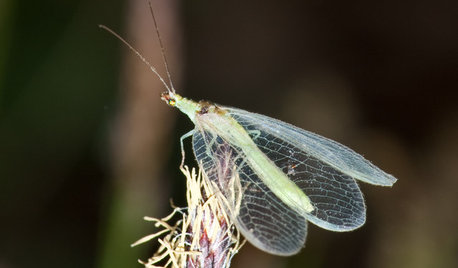
GARDENING GUIDESLook Out for Lacewings: Beneficial Insects Coming to a Garden Near You
Lacewings are delicate insects that produce alligator-like, hungry offspring that devour aphids and other garden pests
Full Story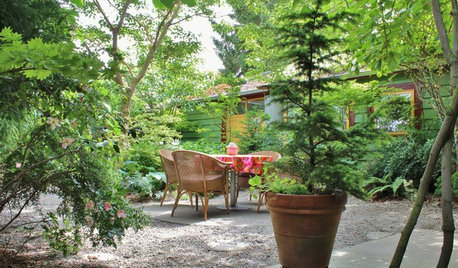
INSPIRING GARDENSFrom Concrete Lot to Gracious Organic Garden in Seattle
Plants, pests and even weeds have a place in this landscape, which offers an edible bounty and a feast for the eyes
Full Story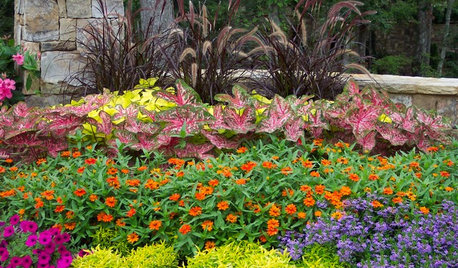
GARDENING GUIDESTexas Gardener: What to Do in July
Beat the heat with sun-loving blooms, pest control, good lawn care and sun protection. Pick up the pace for planting and planning
Full Story
EDIBLE GARDENSGarden BFFs? Why Your Vegetables Are Begging for Companion Plants
Foster friendships among plants for protection from pests, pollination support and color camaraderie
Full Story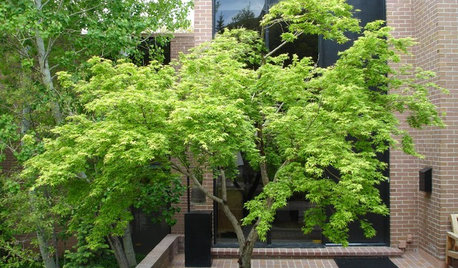
ROCKY MOUNTAINS GARDENINGRocky Mountain Gardener's February Checklist
Get smart with your seeds, strike with oil to manage pests and practice proficient pruning — your trees and shrubs will thank you
Full Story0
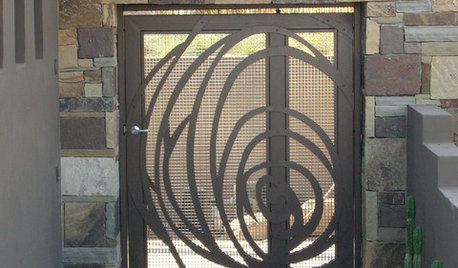
CURB APPEALGive Your Garden a Gate Mate
Keep pests at bay and boost privacy and protection on the home front with a stylish gate for your backyard, driveway or entry
Full Story





remy_gw
penny1947
Related Professionals
Suffern Landscape Architects & Landscape Designers · Aurora Landscape Contractors · Bethlehem Landscape Contractors · Nanuet Landscape Contractors · Wallingford Landscape Contractors · Ashtabula General Contractors · Cape Girardeau General Contractors · Corsicana General Contractors · Country Club Hills General Contractors · Green Bay General Contractors · Jacinto City General Contractors · Jefferson Valley-Yorktown General Contractors · North Tustin General Contractors · West Lafayette General Contractors · West Whittier-Los Nietos General Contractorsridgetop01 (zone 5b)
rosalinda_gw
susanzone5 (NY)